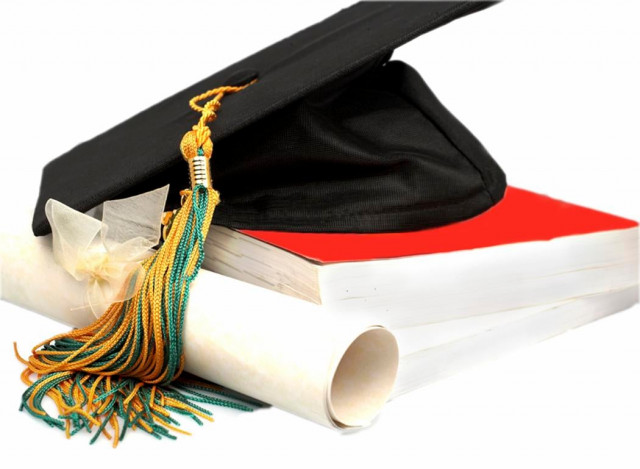Bridging the education gap
A uniform educational system should provide every Pakistani child a level playing field to excel.

An estimated 180,000 children took their ‘O’ and ‘A’ Level exams this year, a number that seems quite considerable until you realise that the majority of Pakistan’s population is under 25 years of age. Still, there is clearly a demand for these and other similar foreign exams. Basically, just about anyone who can afford to do so decides to take their children out of the Matric and Inter system, in favour of foreign systems that have greater credibility in the West. Our local system of education has been so thoroughly discredited that such alternatives are being considered by more people every year.
Essentially, Pakistan has ended up with a dual system, one for the elite and one for the rest of the country; this creates a kind of educational apartheid in the country. The solution isn’t, as some have outlandishly suggested, to immediately impose one system on the entire country, as that would unfairly hurt those who give foreign exams. Having a uniform educational system should be a goal we aspire to work towards, not by demonising those who sit foreign exams but by matching our local system to the same quality. The aim should be to provide every Pakistani child the opportunity to excel by having a level playing field. We may not be able to achieve that in the near future but we certainly shouldn’t give up on the idea.
Published in The Express Tribune, August 15th, 2012.















COMMENTS
Comments are moderated and generally will be posted if they are on-topic and not abusive.
For more information, please see our Comments FAQ